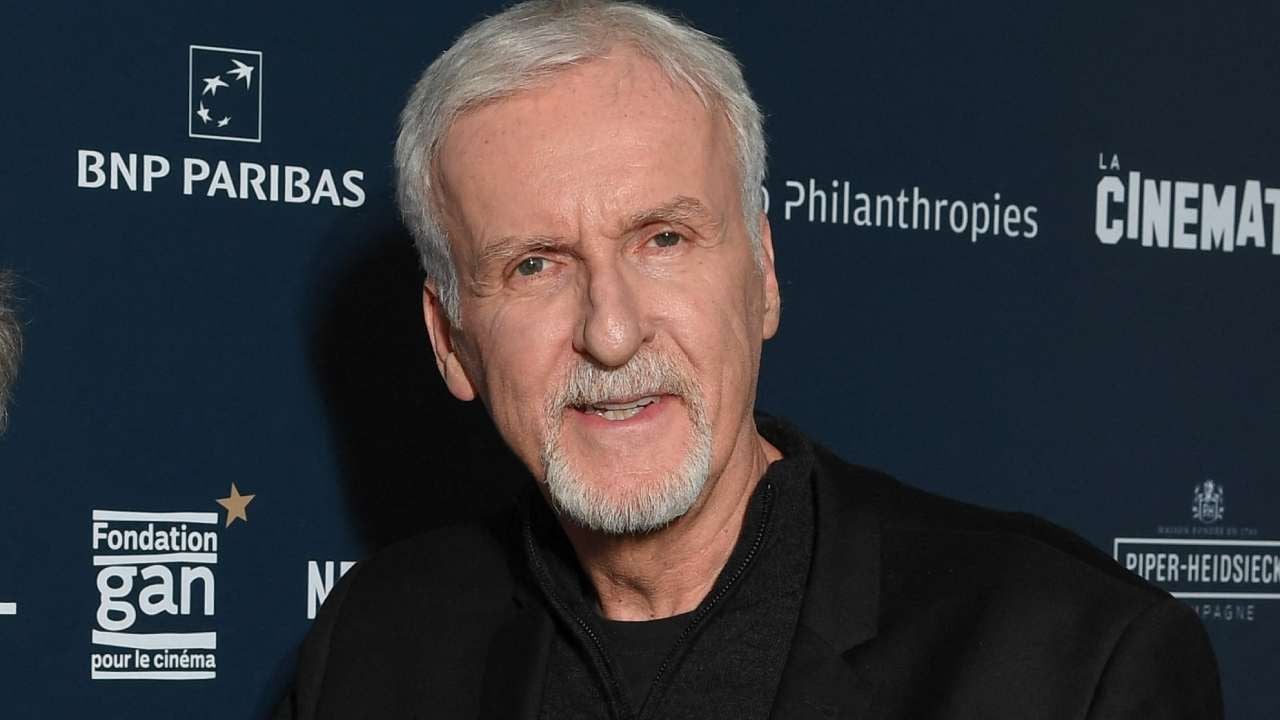This incredible story deserves to be filmed: its hero has been nominated nine times for the Nobel Prize: four for literature, and five – paradoxically – for the peace prize. But he was a criminal, and Arnold Schwarzenegger himself signed the decree on his death sentence. Who is this person and how did it happen? We say.











